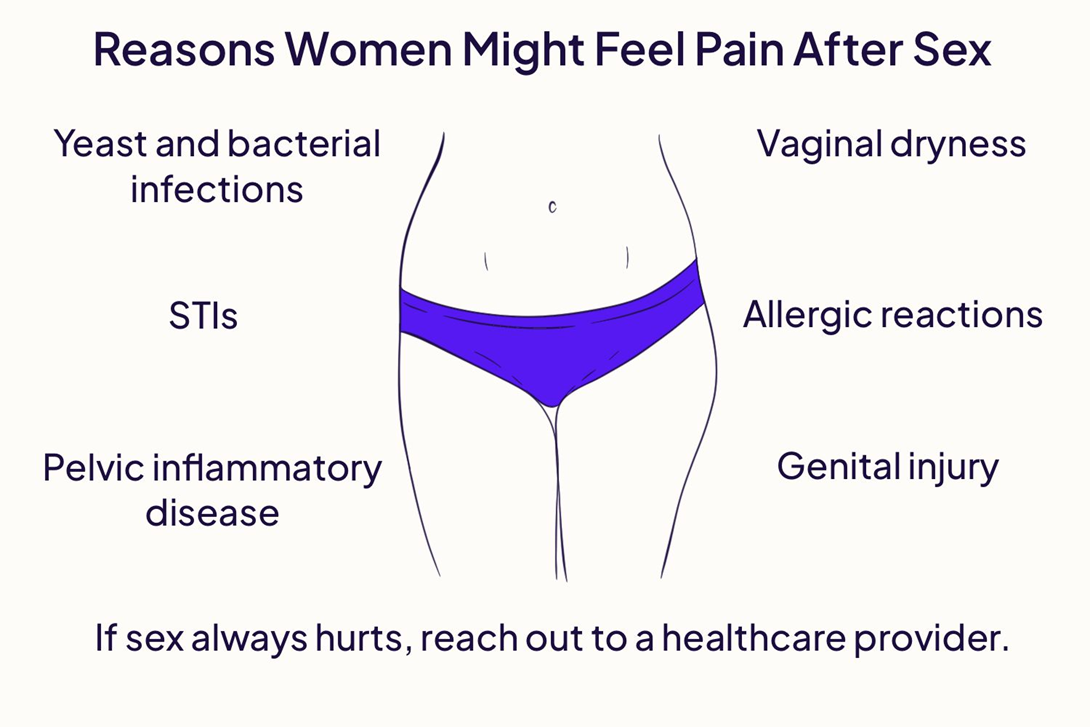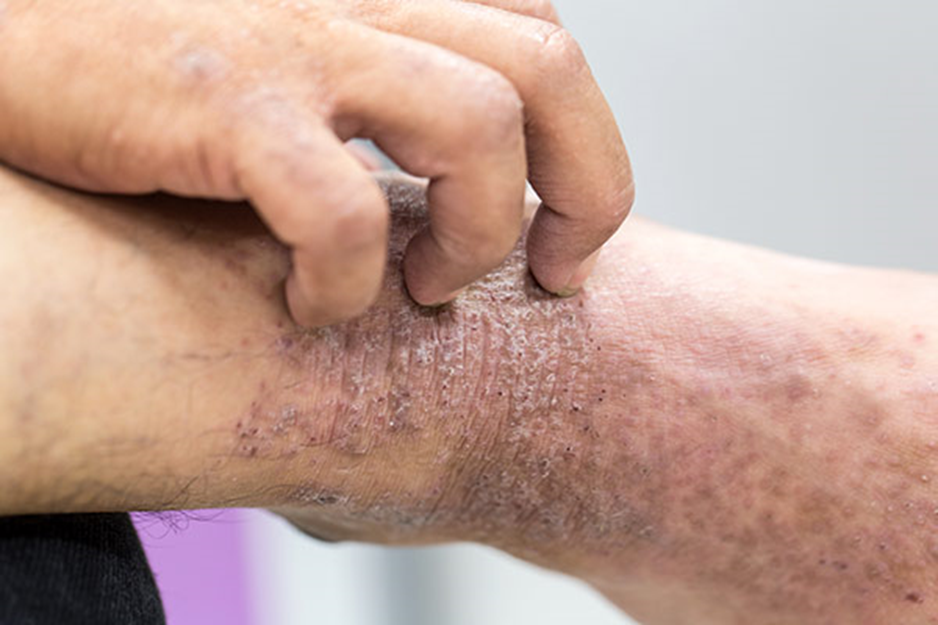A nurse is reinforcing teaching with a female client who has a history of urinary tract infections. Which of the following instructions should the nurse include?
Urinate before and after sexual intercourse.
Increase milk consumption to make the urine more alkaline.
Empty the bladder at least every 4 hours.
Use vaginal douche once a week.
The Correct Answer is A
Choice A reason: Urinating before and after sexual intercourse can help flush out any bacteria that may have entered the urinary tract during sexual activity, and prevent them from causing an infection.

Choice B reason: Increasing milk consumption to make the urine more alkaline is not a recommended instruction, as it may increase the risk of developing kidney stones or calcium deposits in the urinary tract.
Choice C reason: Emptying the bladder at least every 4 hours is a good practice, but not sufficient to prevent urinary tract infections. The nurse should also advise the client to drink plenty of fluids, especially water, to dilute the urine and flush out bacteria.
Choice D reason: Using vaginal douche once a week is not a recommended instruction, as it may alter the normal flora of the vagina and increase the risk of infection. The nurse should advise the client to avoid using any products that may irritate the genital area, such as perfumed soaps, sprays, or powders.
Choice E reason: Drinking cranberry juice daily is not a proven method to prevent urinary tract infections, although some studies suggest that it may have some benefits. The nurse should inform the client that cranberry juice may interact with some medications, such as warfarin, and that it may also increase the acidity of the urine, which can cause discomfort or burning sensation.
Nursing Test Bank
Naxlex Comprehensive Predictor Exams
Related Questions
Correct Answer is B
Explanation
Choice A: This is incorrect. The nurse should don clean gloves before removing the dressing, and then change to sterile gloves before applying the new dressing.
Choice B: This is correct. The nurse should offer the client pain medication before the procedure, as changing a dressing for a stage III pressure ulcer can be very painful.
Choice C: This is incorrect. The nurse should prepare the sterile dressing supplies just before the dressing change, not 30 min before, to prevent contamination.
Choice D: This is incorrect. The nurse should not disinfect the wound bed with alcohol, as this can damage the healthy tissue and delay healing. The nurse should use a saline solution or an antiseptic solution as prescribed.
Correct Answer is D
Explanation
Choice A: This is incorrect because pallor is not a sign of anaphylaxis. Pallor can indicate shock, anemia, or hypoxia.
Choice B: This is incorrect because peripheral edema is not a sign of anaphylaxis. Peripheral edema can indicate heart failure, kidney disease, or venous insufficiency.
Choice C: This is incorrect because hypertension is not a sign of anaphylaxis. Hypertension can indicate stress, pain, or renal disease.
Choice D: This is correct because pruritus is a sign of anaphylaxis. Pruritus is a severe itching sensation that can accompany hives, rash, or angioedema.

Whether you are a student looking to ace your exams or a practicing nurse seeking to enhance your expertise , our nursing education contents will empower you with the confidence and competence to make a difference in the lives of patients and become a respected leader in the healthcare field.
Visit Naxlex, invest in your future and unlock endless possibilities with our unparalleled nursing education contents today
Report Wrong Answer on the Current Question
Do you disagree with the answer? If yes, what is your expected answer? Explain.
Kindly be descriptive with the issue you are facing.
